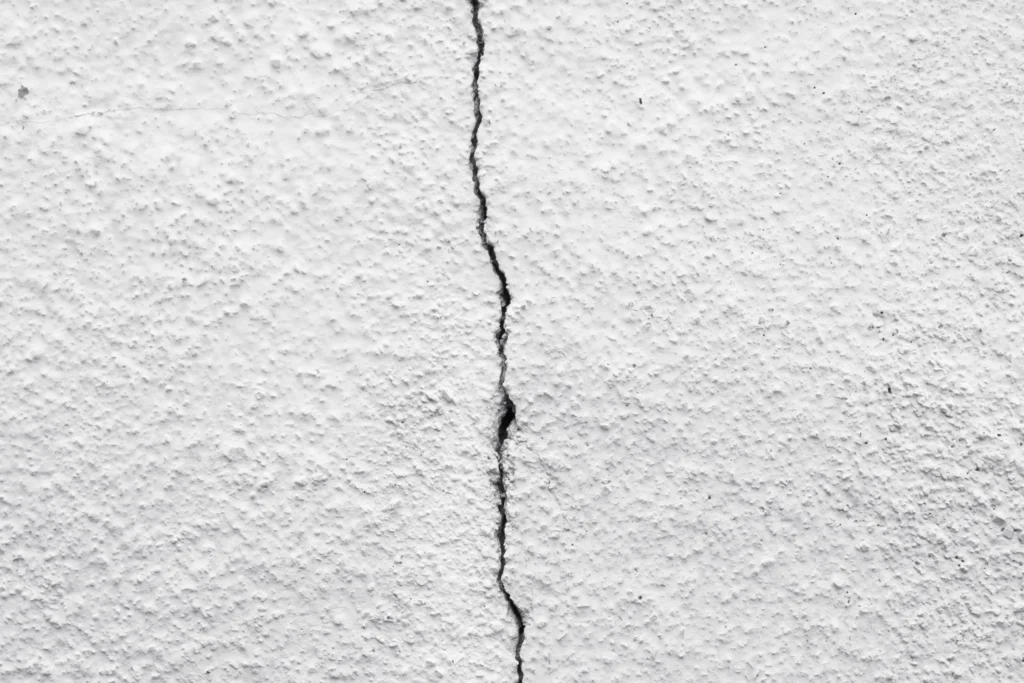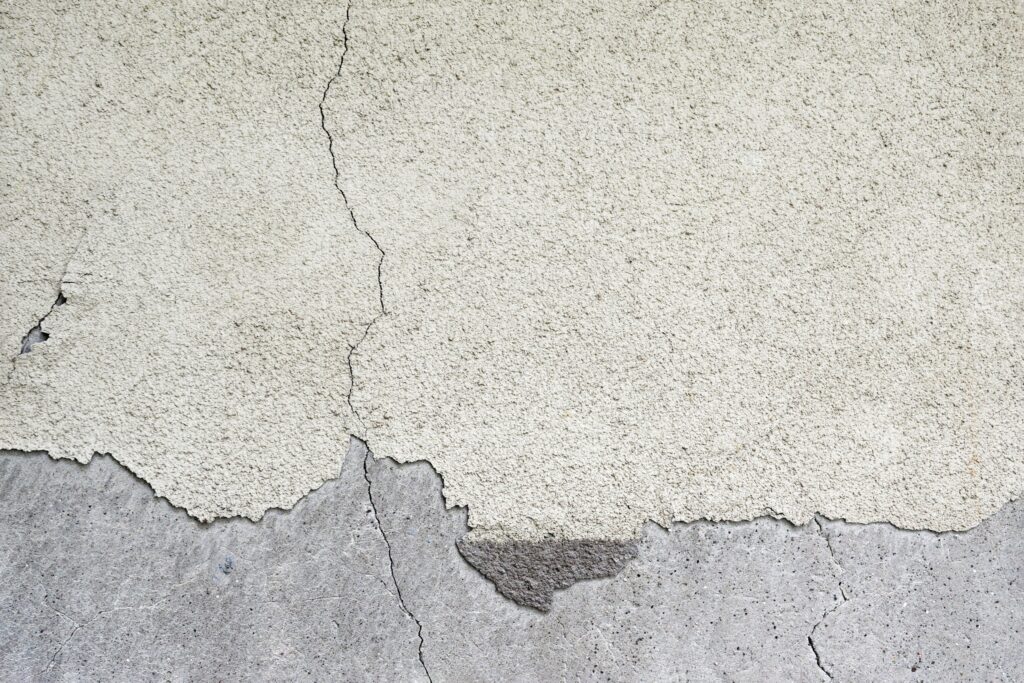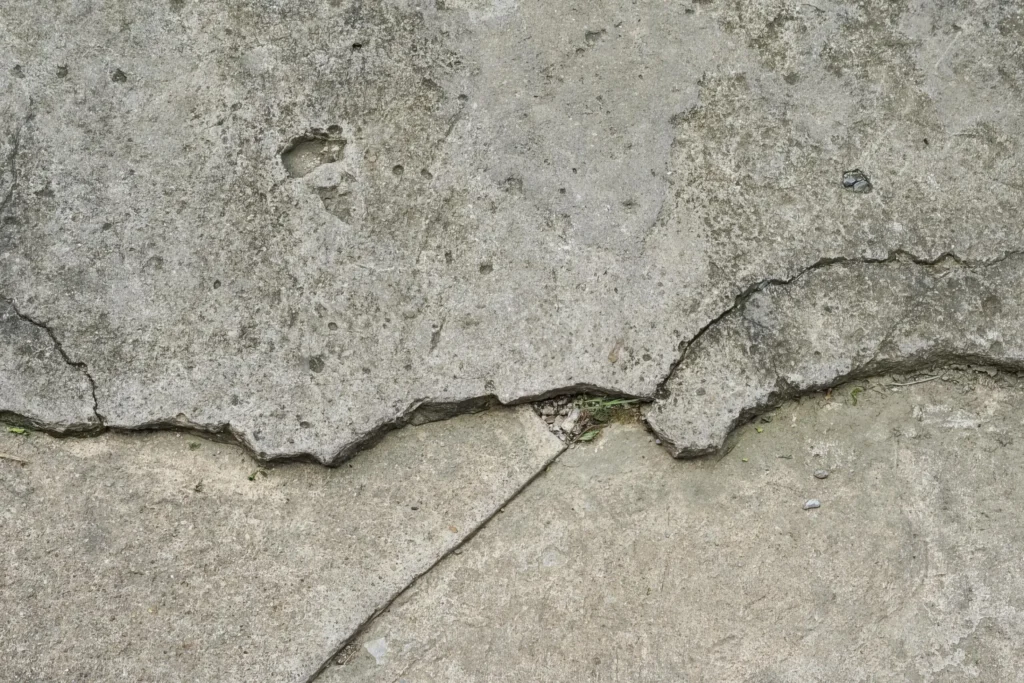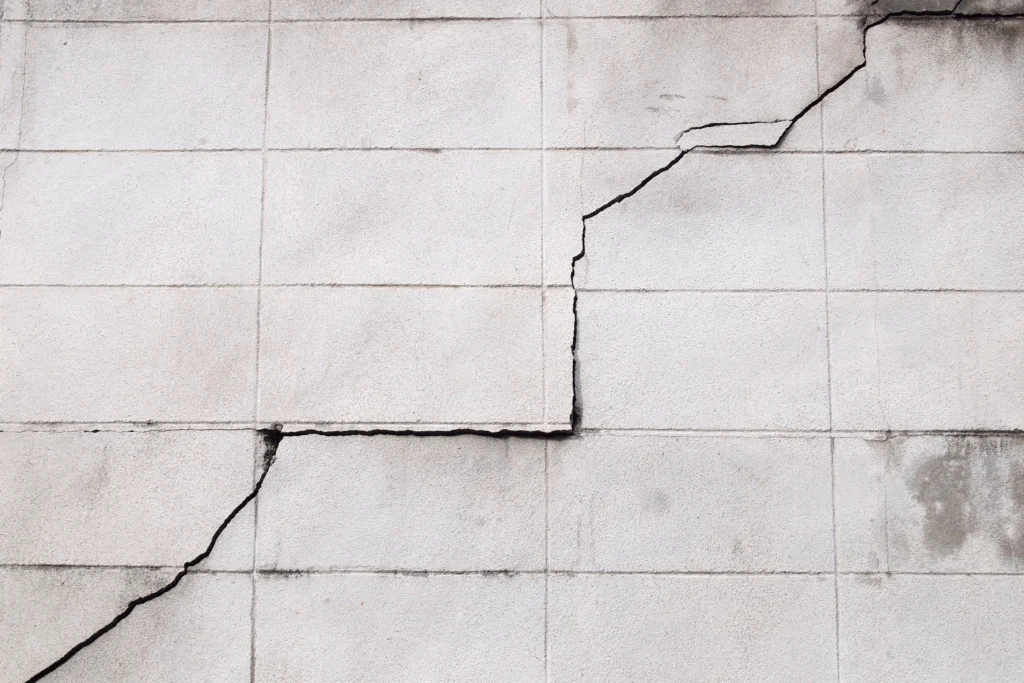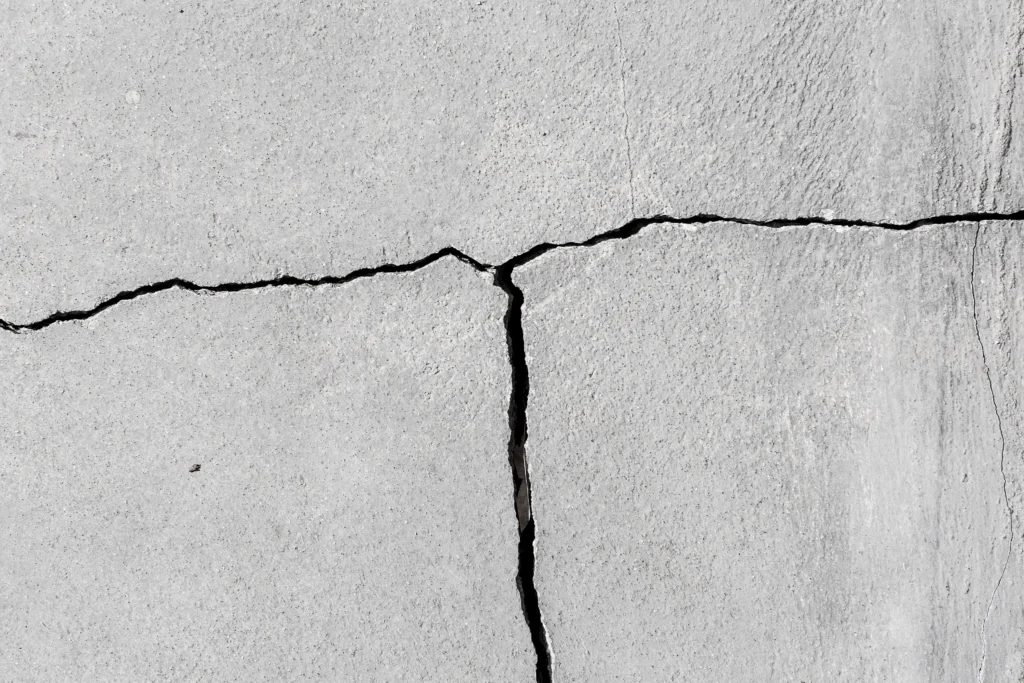Look, I’ve spent enough time crawling around basements to know one thing for sure: they’re basically mood rings for your house. One day everything’s dry as a bone, and the next you’re playing “guess where that puddle came from.” Let’s cut through the confusion and talk about what’s really going on down there. When Your…
Cracks in basement walls occur for many reasons including ground shift, hydrostatic pressure created by groundwater, construction and seismic activities in the vicinity. Since basements act as the foundations of houses, operating with cracks in these critical sections can compromise the integrity of the structure. When you see cracks in basement walls, you should repair…
Nothing can be as puzzling and alarming as the initial visible cracks on your foundation. The first scare is often that the cracks may affect the homes’ structural integrity. This is because foundational cracks result in severe structural issues if they are not remedied. Comprehension of foundational issues is critical as it helps you detect…
Concrete is among the most outstanding building materials for foundation slabs and footings. When installed properly, the material can give a timeless service of up to 50 years. However, due to mishaps during installation, high-temperature variations, ground shift, settling and shrinkage, the material will develop cracks. To maintain its integrity and that of the building…
Concrete is the most durable block wall material available in the market. However, due to the effects of normal wear and tear, temperature fluctuations, root system, water seepage, and land settling, cracks may appear. Small and large cracks on interior concrete walls should be worked on immediately to prevent further widening and deepening. Ignoring such…
Ignoring cracks on the floor or walls compromises the structural integrity of a home as it causes its components to deteriorate over time. Before you know it, small fissures can escalate to larger gap openings on floors, leading to expensive repairs later on. One of the best methods for extending the life of your home…


